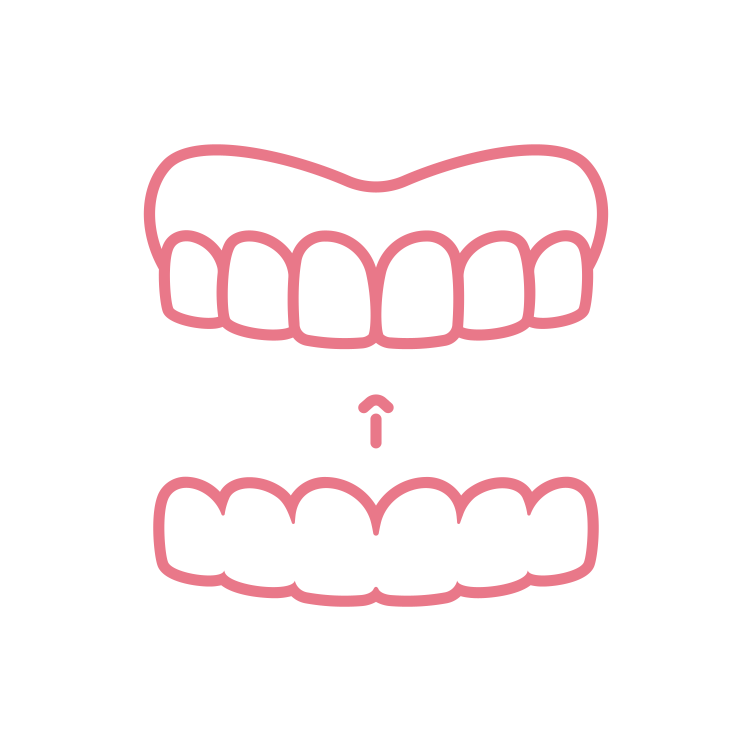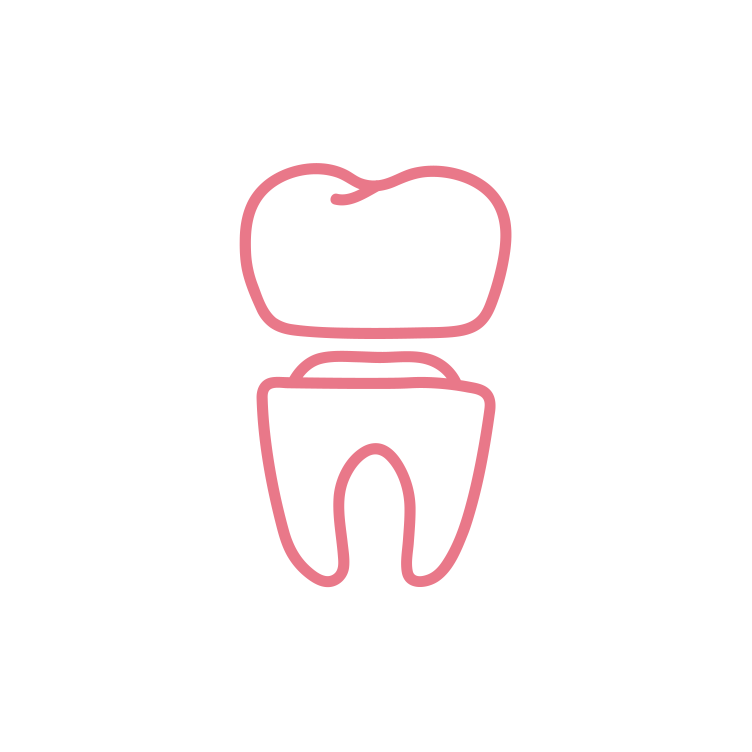Fluoride is a mineral that is proven to protect teeth from decay. Dentists and health organizations all over the world recommend fluoride for your oral health as it strengthens the tooth enamel.
Fluoridation in Water and Its Effects
Numerous communities have made it a practice to fluoridate their water supplies for the benefit of the general population. This inexpensive and effective treatment can help improve oral health to a great extent.
Whenever we eat sugary food or just food in general, the bacteria in our mouths produce acids. If not cleaned regularly, this acid can form plaque, which eats away the minerals in the tooth’s surface, causing tooth decay. Tooth decay can weaken the structure of the tooth and increase the risk of developing cavities.
Fluoridated water helps rebuild the enamel and strengthens it to prevent tooth decay. It provides the body with a regular and consistent supply of fluoride to keep the teeth strong. In addition, studies show that fluoride can stop cavity formation and rebuild the tooth’s decayed surface.
As per the American Dental Association, more than 144 million U.S. residents in over 10,000 communities drink fluoridated water from public water supplies.
Can Bottled Water Provide Optimum Fluoride?
If you consistently drink bottled water, you may be missing out on the benefits of optimally fluoridated water. The same goes for home water treatments or water filters, which affect the mineral content in the water and can decrease the amount of fluoride you are supplying to your body.
Apart From Water, Where Else Can You Get Fluoride?
There are numerous ways to get the right amount of fluoride. Several products contain fluoride, such as toothpaste, mouthwash, and even some dietary supplements.
Community water supplies remain the best and most cost-effective method. Fluoridated water has decreased the occurrence of tooth decay in children and adults by almost 25% since it has been implemented.
Beware of Enamel Fluorosis
Although fluoride is good for our oral health, too much of it may result in a condition called enamel fluorosis. As per the American Academy of Pediatric Dentistry, children who receive too much fluoride during their development years are most at risk of developing enamel fluorosis.
For advanced fluoride treatments, contact Dr. Jeanne V. Devi, DDS, at (626) 795-2544 or 595 E Colorado Blvd Suite 603, Pasadena, CA 91101.










